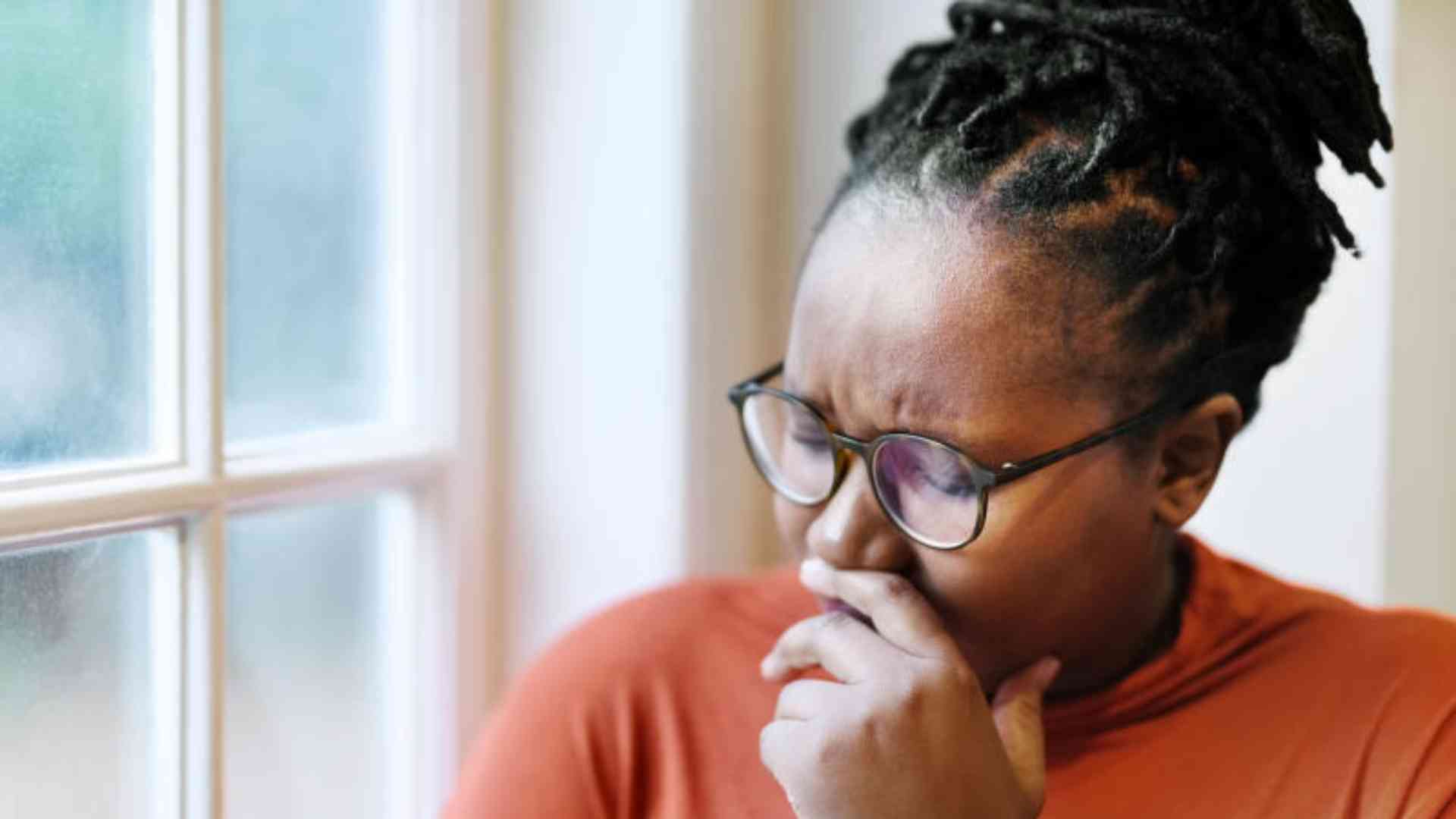×
The Standard e-Paper
Join Thousands Daily

On a quiet evening in Nairobi, a wave of sorrow swept through Dagoretti North as news spread that MP Beatrice Elachi had lost her beloved son. Elvis Murakana Namenya succumbed to injuries sustained in a road accident.
His passing last week cast a heavy shadow not just over his family, but over the community that mourned alongside them. Namenya's death was a poignant reminder of life's fragility and the immeasurable pain of losing a child.